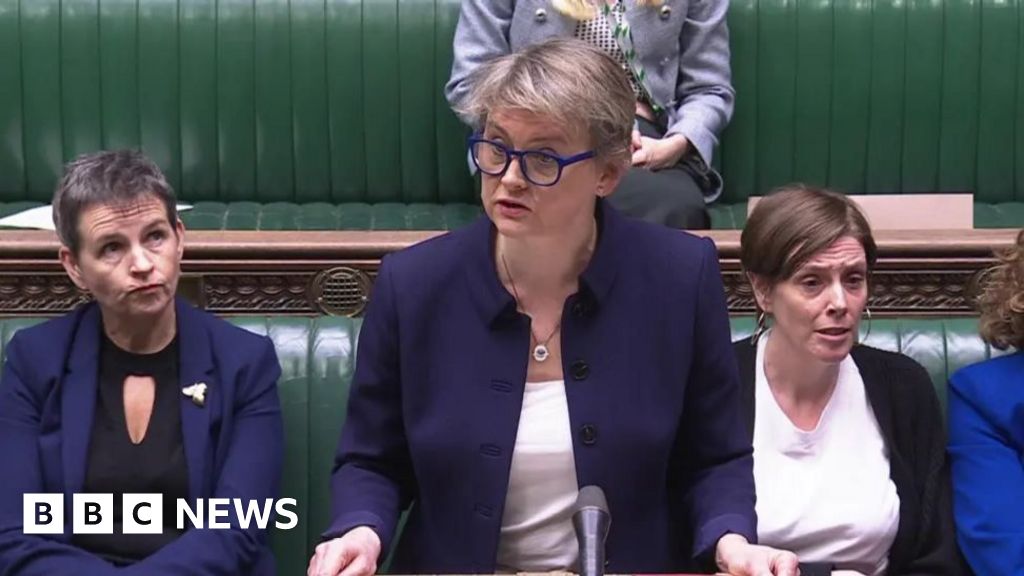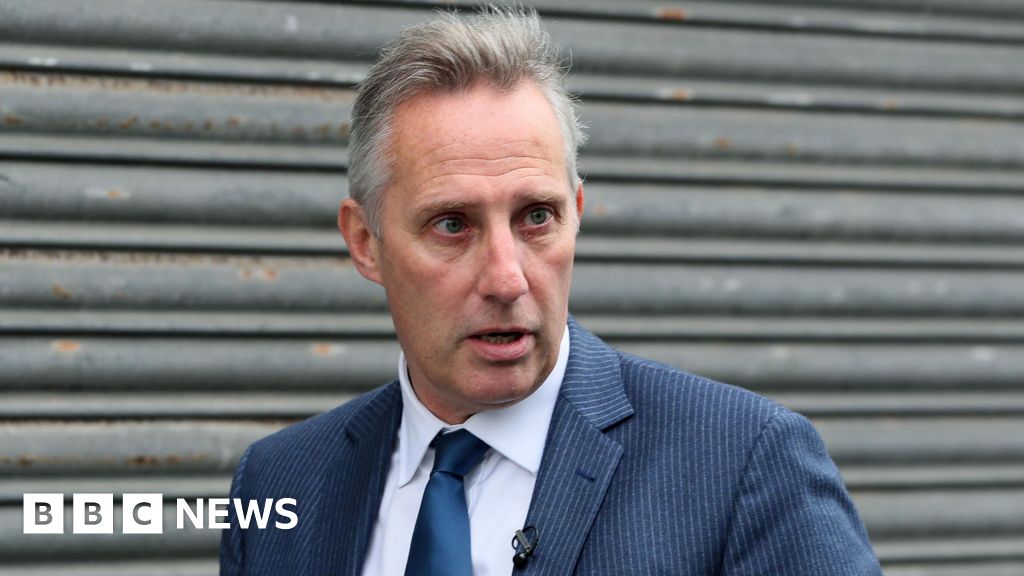ARTICLE AD BOX
Chancellor Rachel Reeves has defended increasing taxes for employers in last week's Budget while saying she is "not immune" to the criticism she has received.
However, she said money had to be raised in order to put public finances on a "firm footing".
The decision to increase National Insurance contributions made by companies has come under fire from many businesses, including GPs who argue it could hit services for patients.
The new Conservative Party leader Kemi Badenoch criticised the move telling the BBC it would not result in growth and would "make all of us poorer".
From next April, employers will have to pay NI at 15% on salaries above £5,000, instead of 13.8% on salaries above £9,100 currently.
The Institute of General Practice Management, which represents GP practice managers, has estimated that the rise will put up the tax bill of the average surgery by around £20,000 a year.
Appearing on the Sunday with Laura Kuenssberg programme, Reeves was asked whether there was any chance she would rethink the National Insurance rise for employers.
"I'm not immune to their criticism," she said, "but we've got to raise the money to put our public finances on a firm footing".
Reeves told the programme raising employer NI had not been on the party's agenda before the general election.
Asked if she had been wrong to say during the election that there would not be any extra taxes if Labour won, she replied: "What I was wrong about was the mess that the previous government had left for us," citing the £22bn black hole that Labour say the Tory party left them with.
Earlier in an interview with Sky News, Reeves had said "I was wrong on June 11, I didn't know everything" when she said during the election that higher taxes would not be needed.
Speaking to Laura Kuenssberg, Badenoch said Reeves's plan was "not coherent".
She did not say whether she would reverse the employer NI increase, but did say she would reverse the VAT hike on private schools, calling it a "tax on aspiration that won't raise any money".

 2 months ago
13
2 months ago
13








 English (US) ·
English (US) ·